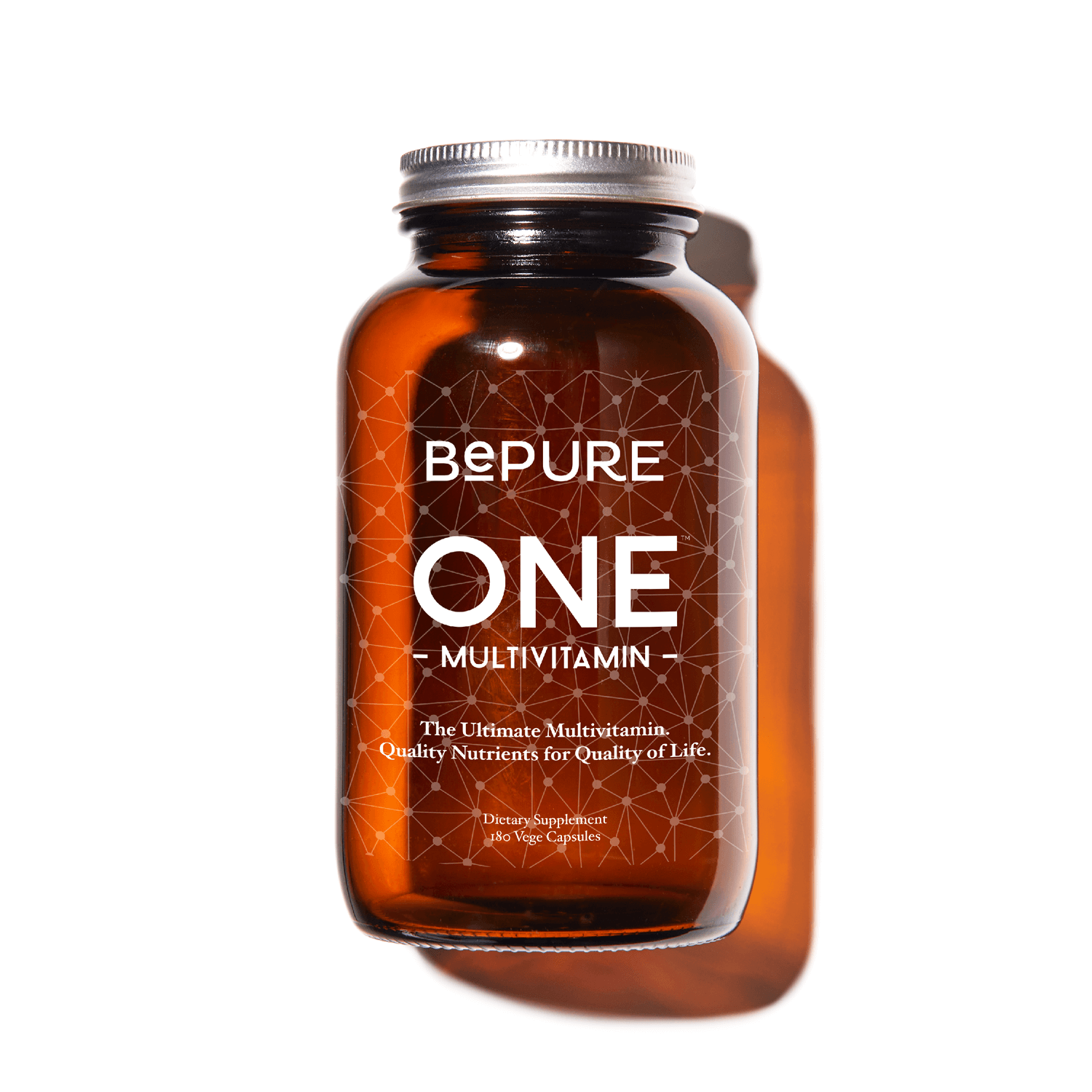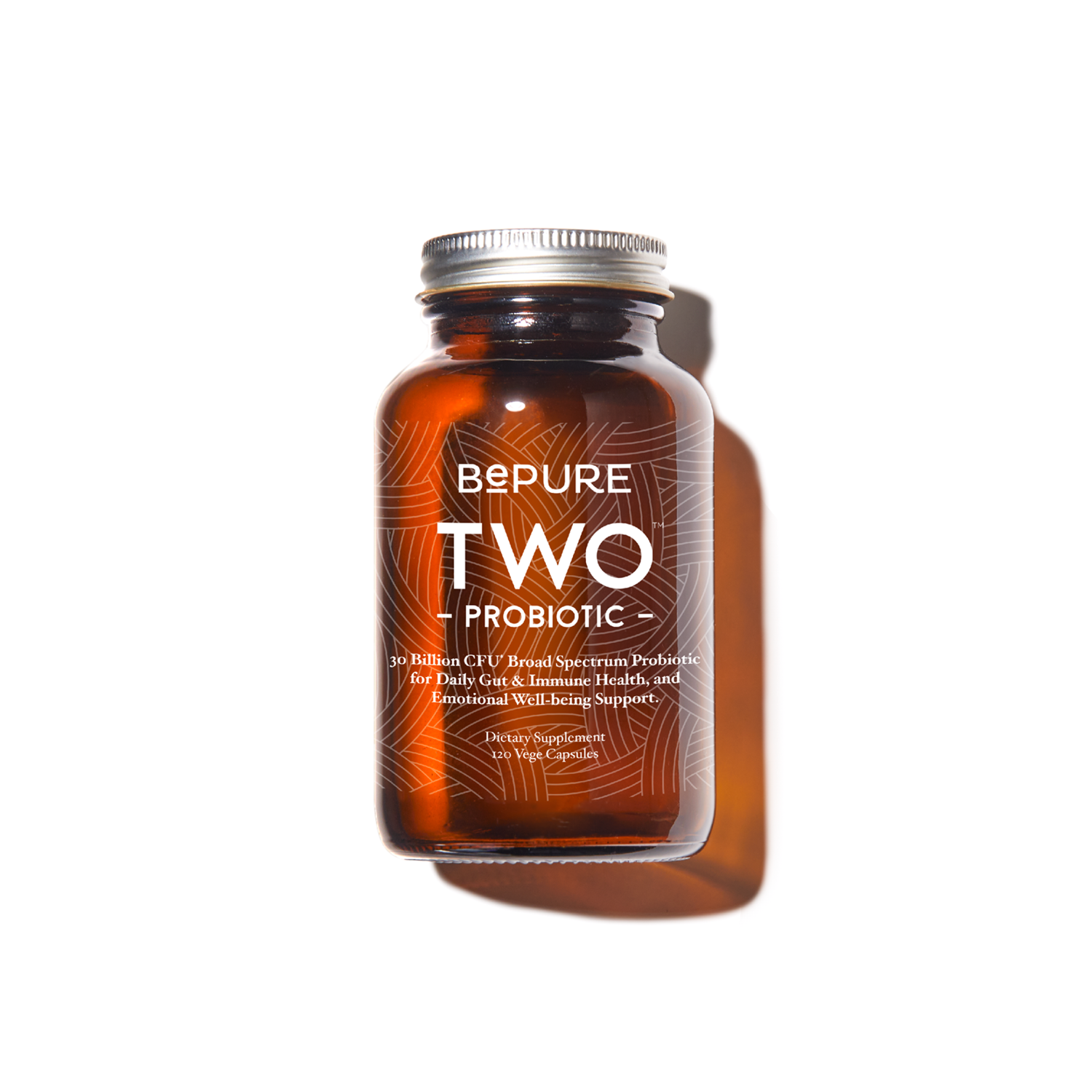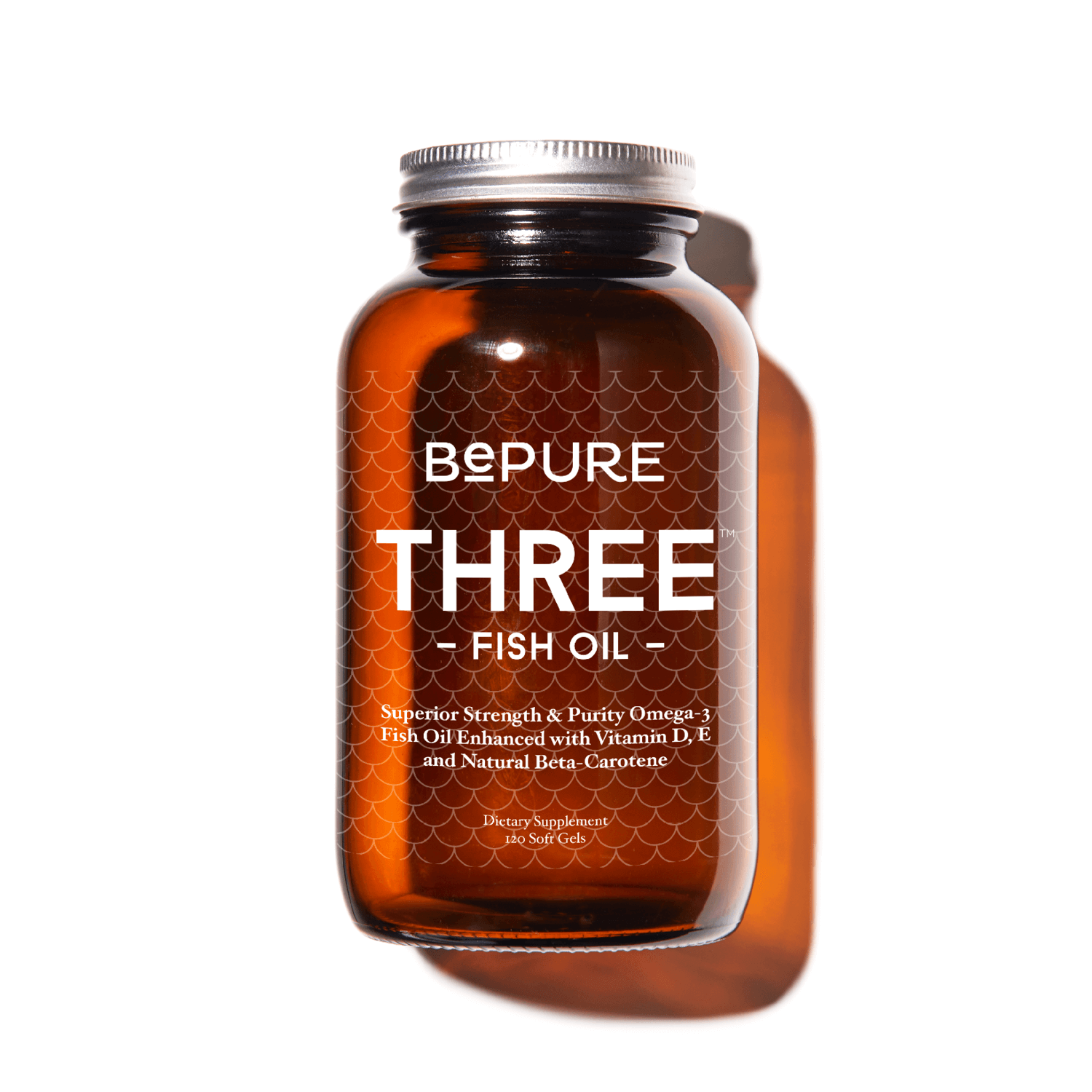Hormone balance plays a huge role in how we feel, how we look and women's monthly menses. The hormone oestrogen is one we commonly seen and has become problematic in the modern world.
When oestrogen becomes unbalanced - especially when there is too much oestrogen in comparison to progesterone, problems arise!
Normally our bodies would process extra oestrogen through our liver. But because of nutrition choices, stress and liver-loaders such as alcohol and caffeine, our liver function is often compromised and we struggle to clear it. If we can’t clear it, what are we going to do with these unprocessed toxins?
Unprocessed hormones and toxins have to go somewhere. With no other options, our body will store them within fat cells. These toxins will be stored in your fat cells until the body gets a chance to handle them (if ever!). Oestrogen toxins are usually stored around the hips or the thighs. If that’s where you’re holding your weight, this is a sign that oestrogen dominance could be a concern for you.
One of the best ways to balance oestrogen levels is to support your liver health so it can clear these excess hormones.
Cruciferous vegetables like cauliflower, broccoli, cabbage, swede, turnips, kale, watercress, all contain important phytochemicals that are released when they are chopped, chewed, fermented, cooked and digested.
The substances released then break down into sulphorophanes, indole-3-carbinol and D-glucarate. These substances all have a specific effect on phase 1 and phase 2 of liver detoxification. Onions, garlic, and leeks also contain many important sulfur compounds that increase detoxification. Leafy greens are rich in a number of minerals, vitamins, chlorophyll and flavonoids, which are all essential to good detoxification.
Detoxifying Cauliflower Tabbouleh Recipe
Serves 4 | GF, DF, EF, RSF
Ingredients
Cauliflower Tabbouleh
- 1 medium to large head of cauliflower
- 1 cup fresh flat-leaf parsley leaves, chopped
- 1⁄2 cup packed fresh mint leaves, chopped
- 1 cup cherry tomatoes, quartered or halved (depending on size)
- 1 cup cucumber, de-seeded peeled and chopped
- 1 red or yellow capsicum, finely chopped
Dressing
- 1⁄2 tsp ground cumin (dry roasted)
- 1⁄2 tsp ground coriander (dry roasted)
- 1⁄4 cup fresh lemon juice
- 1⁄4 cup olive oil
- 1 clove garlic, crushed
- 1⁄4 tsp black pepper
- 1⁄2 – 1 tsp salt
Directions
- Cut the cauliflower to remove the stem and then chop into pieces small enough to fit into your food processor.
- Place the cauliflower in food processor and pulse until the cauliflower pieces turn into “cauliflower rice”. You may have to do this in batches, depending on how large your processor is.
- Transfer blended cauliflower to a large mixing bowl.
- Add the rest of the prepared vegetables and herbs to the cauliflower rice.
- In a small frying pan, gently roast the cumin and coriander (without any oil) until fragrant. Combine in a jar or blend together all the dressing ingredients and add this to the cauliflower
- Mix Tabbouleh. Season with extra salt, pepper and lemon juice to get the desired flavour.



